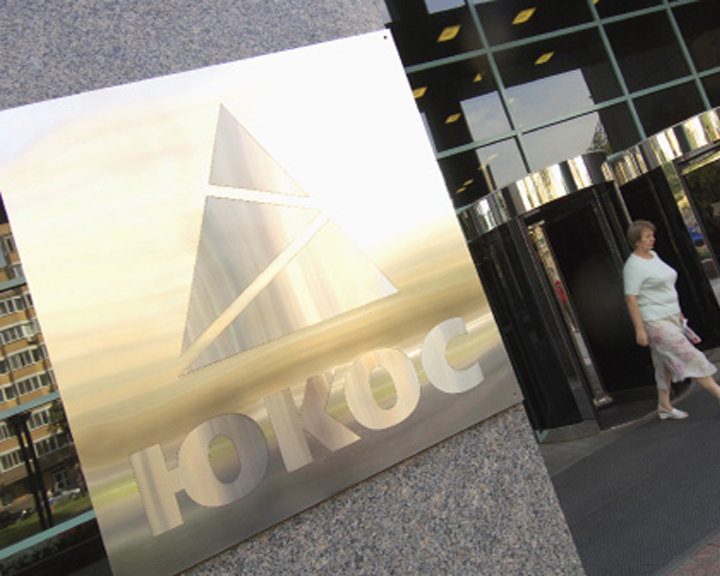MOSCOW, April 13, (RAPSI) – Violations committed in the course of Yukos privatization found out by the Investigative Committee of Russia may now include property loss and non-compliance with court decisions or other court rulings, whereas officials holding the Yukos loans-for-shares auction may be charged with abuse of office, Kommersant newspaper reports on Wednesday.
The fact that these accusations appeared in the Yukos case was reported by Olga Pispanen, Khodorkovsky’s spokesperson and a witness in the case, in her complaint concerning a series of searches in apartments of some members of Open Russia, a movement created and sponsored by Khodorkovsky, carried out last December. “The searches in the Open Russia are being conducted within the framework of the Yukos criminal case instigated back in 2003,” chief spokesman for the Investigative Committee Vladimir Markin told Interfax news agency at that time.
Investigators were not immediately available for comments; however, Sergey Badmashin, Pispanen’s lawyer, informed Kommersant that he was not aware of when and in what connection these articles of the Russian Criminal Code appeared in the case. “We are trying to clarify this [fact] with investigators,” – he said.
However, Interfax reports quoting an undisclosed “informed” source: “The fact of Illegal privatization of Yukos oil company in 1995 is currently investigated, the nature of Khodorkovsky’s acts is yet to be determined.” According to this source, charges of property loss and abuse of office have been entered in the Moscow City Court database because exactly those articles of the Criminal Code were the base of a 2003 criminal case regarding the theft of Apatit company shares, from which the so-called “greater Yukos case” had stemmed later. Exactly the fact that these articles were listed in the search warrant gave occasion to assume that the nature of acts committed by the Yukos’ ex-head had been newly determined.
In the 2003 case, investigators suspected Khodorkovsky and Lebedev of defrauding the state of about $280 million in the process of privatization of the Apatit fertilizer company in the first half of 1990s. The probe had resulted in the trial in which two defendants received their first prison sentences in 2005. The court also ordered the dissolution of the Yukos oil company with the aim to compensate the damages to the state.
At the end of March, investigators made a statement about some violations they found out as concerned Yukos case. According to investigators, in 1995 Mikhail Khodorkovsky used firms, de-facto belonging to him, “Laguna” and “Reagent” companies, to participate in the investment tender and auction over Yukos assets, presenting those firms as independent players. “Laguna” won the tender and auction, but payment for the shares was conducted on the funds of MENATEP bank. Funds were not returned to the bank and it was bankrupted several years later.
“Therefore shares have been obtained by Khodorkovsky free of charge, on other people's money, stolen, in fact,” Markin said.
The Investigative Committee announced at the end of last year that it started to examine the legality of YUKOS share acquisition by foreign companies, which are listed as plaintiffs in the lawsuit against Russia.
A tribunal for the Hague Permanent Court of Arbitration announced in July 2014 that it had issued awards in three cases filed against Russia. The tribunal ordered that Russia pay Yukos Universal Limited (Isle of Man) over $1.8 billion in damages. Hulley Enterprises Limited (Cyprus) was awarded about $40 billion, and Veteran Petroleum Limited (Cyprus) got over $8 billion. Russian authorities moved to set aside the ruling and turned to the District Court of the Hague.



